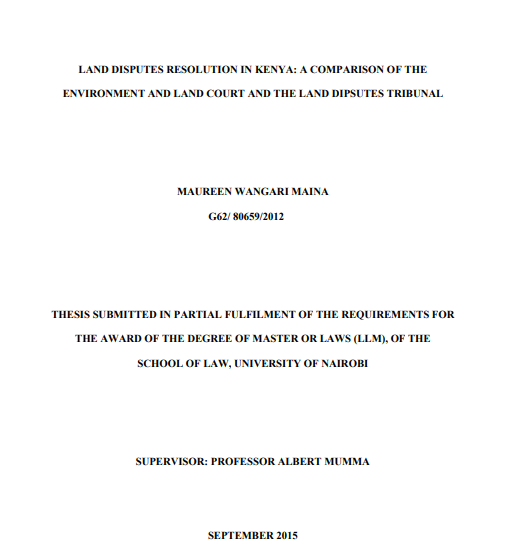Recasting Culture to Undo Gender
This paper brings together sociological
theories of culture and gender to answer the question – how
do large-scale development interventions induce cultural
change? Through three years of ethnographic work in rural
Bihar, the authors examine this question in the context of
Jeevika, a World Bank-assisted poverty alleviation project
targeted at women, and find support for an integrative view
of culture. The paper argues that Jeevika created new





